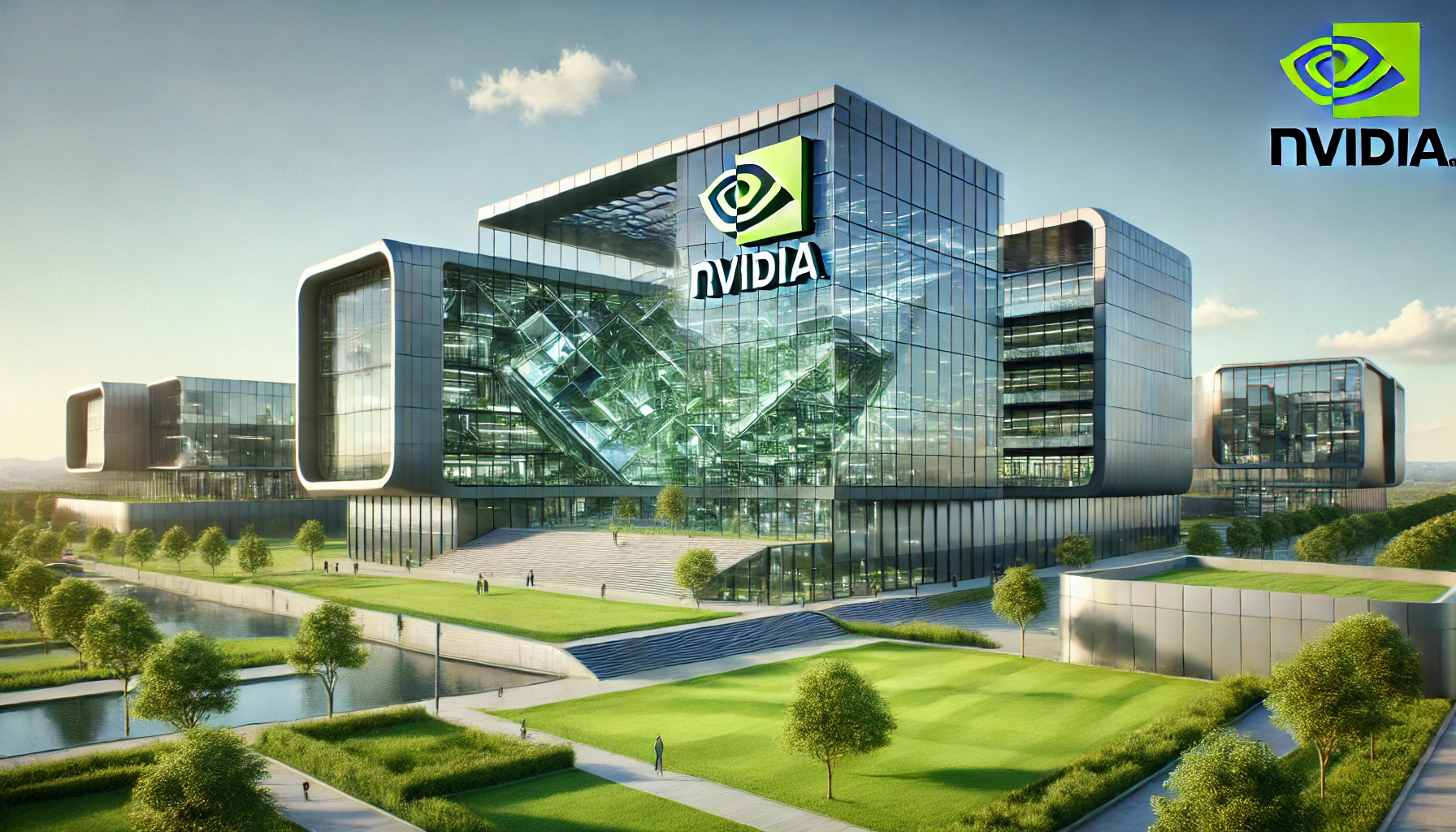| Key Points: – Nvidia’s $700 million acquisition of Run:ai was approved by the European Commission after addressing antitrust concerns. – Run:ai plans to open-source its AI optimization software, expanding its use beyond Nvidia GPUs. – The deal strengthens Nvidia’s position as a leader in AI technologies amid growing regulatory scrutiny. |
Nvidia’s recent acquisition of Israeli AI firm Run:ai marks a significant milestone in the tech industry. The $700 million deal, finalized after regulatory scrutiny, underscores Nvidia’s strategic focus on AI infrastructure optimization. Run:ai, known for its innovative solutions in AI development, is set to amplify Nvidia’s dominance in the AI graphics processing unit (GPU) market.
The acquisition, announced in April, faced hurdles from regulatory authorities on both sides of the Atlantic. The European Commission granted unconditional approval earlier this month, following an investigation into potential antitrust concerns. Regulators initially expressed fears that the deal might stifle competition in markets where Nvidia and Run:ai operate. Nvidia, which commands approximately 80% of the market share for AI GPUs, has long been a pivotal player in the sector. However, the Commission concluded that the acquisition would not harm competition, allowing the deal to proceed.
Run:ai specializes in software that helps developers optimize AI infrastructure, making it an appealing addition to Nvidia’s portfolio. In a blog post following the acquisition, Run:ai announced plans to make its software open-source. While the software currently supports only Nvidia GPUs, the open-sourcing initiative aims to broaden its reach to the entire AI ecosystem. This move aligns with Nvidia’s vision of fostering innovation while addressing concerns about market dominance.
The U.S. Department of Justice is also scrutinizing the acquisition on antitrust grounds, reflecting a broader trend of heightened regulatory oversight of tech giants. In August, reports surfaced that the Department of Justice had launched a probe into the deal, focusing on its potential implications for competition. This increased scrutiny comes amid growing concerns that large tech companies may use acquisitions to eliminate potential rivals, thereby consolidating their market power.
Despite these challenges, the acquisition reflects Nvidia’s commitment to advancing AI technologies and infrastructure. The company’s GPUs are integral to AI-linked tasks, powering innovations across industries from healthcare to autonomous vehicles. By integrating Run:ai’s expertise, Nvidia aims to enhance its ability to deliver cutting-edge solutions to its customers.
The deal also highlights the dynamic nature of the AI market, where rapid advancements necessitate strategic partnerships and acquisitions. Run:ai’s capabilities in optimizing AI workloads complement Nvidia’s hardware dominance, creating synergies that could accelerate progress in the field. As the demand for AI applications continues to grow, Nvidia’s strategic investments position it to remain at the forefront of the industry.
Regulatory scrutiny of tech acquisitions has intensified in recent years, with authorities seeking to prevent market monopolization. Nvidia’s successful navigation of these challenges in the Run:ai deal demonstrates its ability to adapt to the evolving regulatory landscape. The European Commission’s approval, in particular, sets a precedent for future acquisitions, emphasizing the importance of thorough evaluations to balance innovation with fair competition.
Nvidia’s acquisition of Run:ai signifies more than just an expansion of its capabilities; it represents a pivotal moment in the AI sector. By addressing regulatory concerns and committing to open-source initiatives, Nvidia is shaping the future of AI development. This acquisition not only solidifies Nvidia’s leadership in the AI GPU market but also reinforces its role as a catalyst for innovation in a rapidly evolving industry.
